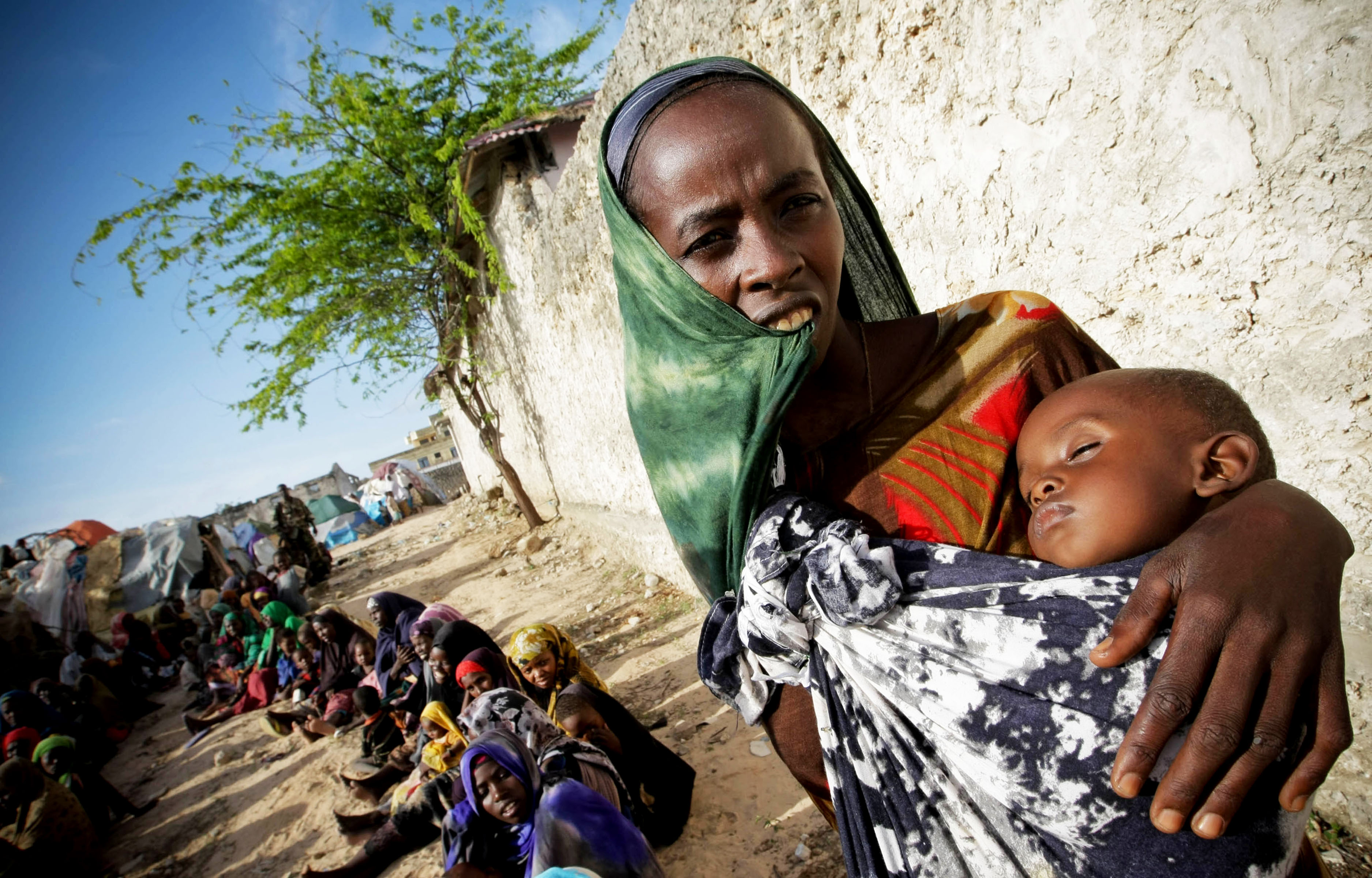Social contacts and other risk factors for respiratory infections among internally displaced people in Somaliland

Populations affected by humanitarian crises experience high burdens of acute respiratory infections (ARI). These are potentially driven by risk factors for severe disease such as poor nutrition and underlying conditions, and risk factors that may increase transmission such as overcrowding and the possibility of high social mixing. However, little is known about social mixing patterns in these populations.
LSHTM and partners conducted a cross-sectional social contact survey among internally displaced people (IDP) living in Digaale, a permanent IDP camp in Somaliland. The survey found crowded households with high proportions of recent self-reported pneumonia (46% in children). 20% of children younger than five are stunted, and crude death rates are high in all age groups.The study concluded that ARI risk factors are very common in this population and the large degree of contacts that involve physical touch could further increase transmission. Such IDP settings potentially present a perfect storm of risk factors for ARIs and their transmission, and innovative approaches to address such risks are urgently needed.